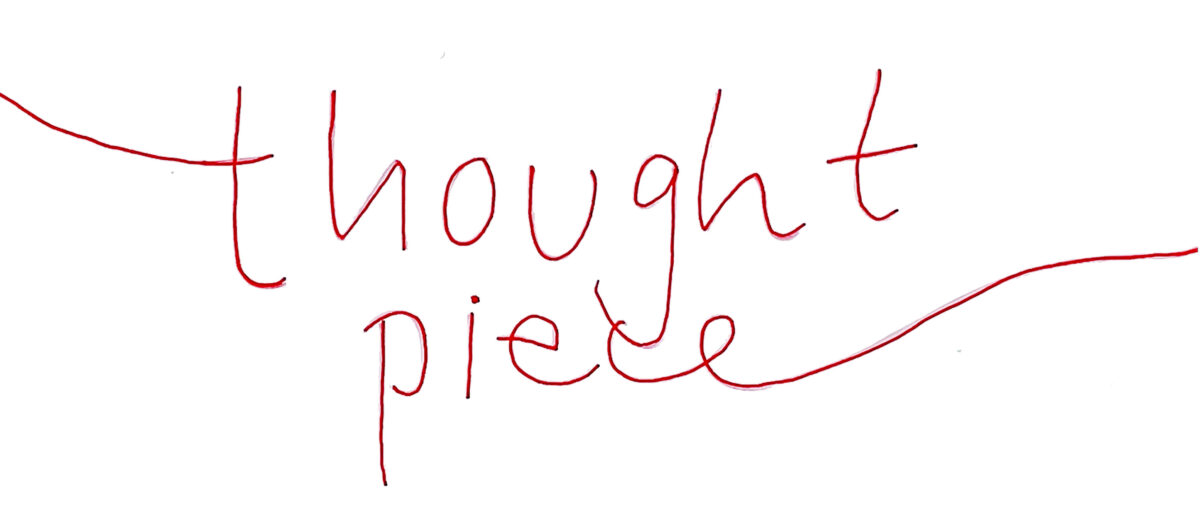Thought piece #2 – Peter Ayoola Oderinde: The challenge of nomenclature in African traditional religion as an academic discipline in African Studies

April 2024
One of the biggest concerns in Religious Studies is the appropriate nomenclature for all religions that emanated from Africa. Previous consensus among scholars shows that the developmental stage of Religious Studies as an academic discipline in Africa favoured the use of the term, African Traditional Religion (ATR) (Shishima and Dzurbga, 2022: 4-7). ATR as a concept is a practice of African beliefs and practices that include primordial religious traditions. ATR as the model signifies, reveals that these religious practices are embedded in a single ‘whole’ as part of an assemblage that refers to a singular religion. In another light, one may allude that it is a way of aggregating that all these religions (comparable to both Christianity and Islam) found in Africa are from the same ‘whole’. Nevertheless, this argument is backed up by the development of colonial educational tradition designed for Africa.
One may also be tempted to assume that this position is right due to the nature, characteristics, and belief systems of Indigenous Religions in Africa. This is because the basic elements found in the majority of these religions are the same? One commonality is the belief in the supremacy of God and lesser deities. Oral transition as a tradition is another commonality that is handed down from generations to generations. Although, oral transition of knowledge as a tradition has its shortcomings; however, research has proven that it is a veritable source of history in Africa. An important factor is the question of creation and non-material sources that Africans use as means of religious practices, which include the belief in spirits, myths, re-incarnation, music style, esoteric dances, and taboos. To unravel the mystery behind the primitive peoples’ religion, the colonial governments sponsored research into the workings of African societies (Olademo, 2021: 15).
The ignorance amongst early colonialists, anthropologists, missionaries, and ethnographers with their perceived cultural superiority over African cultures later birthed the problem of nomenclature in Religious Studies as an academic discipline. Funded by the colonial governments, these scholars described ATR in a series of inappropriate ways. Some African scholars adopted this blueprint and held the same views about Religions Indigenous to Africa for a long time. Terms such as primitive, native, savage, pagan, and fetish were used to described anything associated with Africa, especially the religions found on the continent (Parrinder, 1960). The rebuttals process started with G. Parrinder in 1954, but later followed up by first generation of African religious scholars, such as J. S. Mbiti, B. Idowu, K. Kaunda, J. B. Danquah, etc., and other ordained clerics to protest the long history of derogatory views of religions indigenous to Africa (Hallen, 2005: 406). These efforts paved the way for the systematic study of African Religions.
The positive efforts of the rebuttals were monumental in the evolution of the subject. The process started right from the decolonization years in Africa. J. B. Danquah ferociously contended that Africans believe in God is just as the Europeans (Olademo, 2021: 17). Although the use of the term African Traditional Religion may be complimentary, it can be argued that the claims of the first generation of African scholars were more of political than religious. Other foremost African scholars specialized in topics that focus on ancestors, ritual sacrifices, and traditional morality/ethics by developing African Traditional Religion(s) courses in the departments of Religious Studies. Over the years, trained graduates continue to undergo research in the field, but this evolution has left us with the challenge of the appropriate nomenclature for the discipline. B. Hallen also argued that it is “important to note the singular and the plural forms, respectively of the nouns that constitute the title” (Hallen, 2005: 406). The question that Hallen poses is apt for this thought piece that do we adopt religions or religion in the nomenclature of indigenous religion(s) found in Africa?

My take
In a way, the rebuttals marked a refreshing and radical break in the making of what the discipline has become in the second decade of the 21st century. The point is that the collective efforts of earlier researchers led to the advent of African Traditional Religion as an academic discipline over four decades ago (Olademo, 2021: 18). In addition, African Traditional Religion and its courses are new but can be taught as part of courses embedded in Digital Humanities due to the transnational nature of the religions, religious activism in Africa, and the effect of accelerated rate of Internet Religion after the global Covid-19 lockdown (Oderinde, 2022: 1-3). The example of Tani Olorun (who is God?), an online indigenous religious practitioner accused of blasphemy by some Islamic clerics is a case for urgent study on religious freedom in Nigeria.
By the second decade of the 21st century, ATR is offered in research institutes, Colleges of Higher Education, and departments of Religious Studies around the world. The subject has gone beyond its evolutionary stage and now contends with the challenge of setting the tone for an appropriate nomenclature and terminology. The discipline is changing and to not treat all religions found in Africa as a ‘whole’, I support the use of African Indigenous Religions (AIRs) for the diverse religions found in Africa. The position stems from the word ‘traditional’ and as J. K. Olupona and T. Rey have rightly argued, the Yoruba religion is a World Religion by all standards (Olupona & Rey, 2008), and so are many other African religions. Furthermore, traditional religions are not universal, but national in nature (Hallen, 2005: 406). In as much as no other World Religion, such as Hinduism, Buddhism, Christianity, and Islam, etc., has the word ‘traditional’ embedded in their nomenclature, African religions should also avoid the use of the term.
References
Hallen, B. 2005. African Ethics, in Blackwell Companion to Religious Ethics. Malden: Blackwell Publishing.
Oderinde, P. A. 2023. Disembodied Congregations: Covid-19 and the Rising Phenomenon of Internet Churches among Pentecostal Churches in Lagos, Nigeria. Brill: Journal of Religion and Development published online ahead of print 2023). ISSN: 2750-7955.
https://doi.org/10.30965/27507955-20230009
Olademo, O. 2008. Theology of African Traditional Religion. Abuja: NOUN Press.
Olupona, J. K., & Rey, T. (Eds.). 2008. Òrìşà Devotion as World Religion: The Globalization of Yorùbá Religious Culture. Wisconsin: University of Wisconsin Press.
Parrinder, E.G. 1960. African Religion. London: Prentice Hall Inc.
Shishima, D. S., & Dzurgba, A. D. 2013. African Traditional Religion and Culture. Abuja: NOUN Press.

